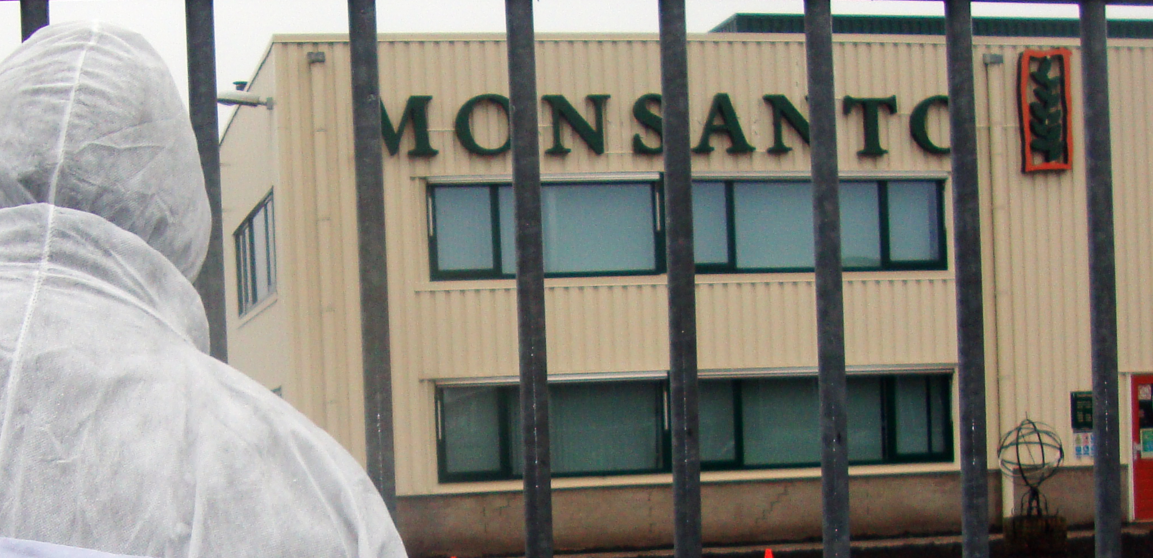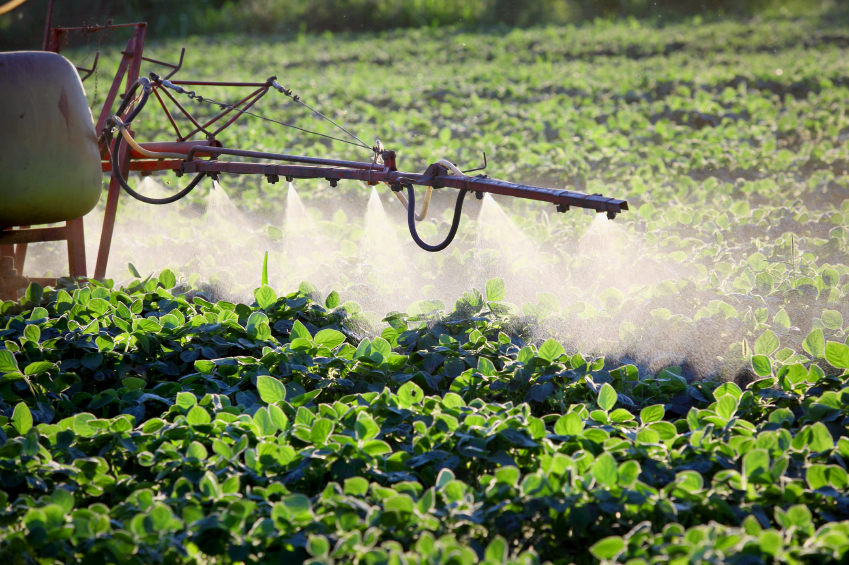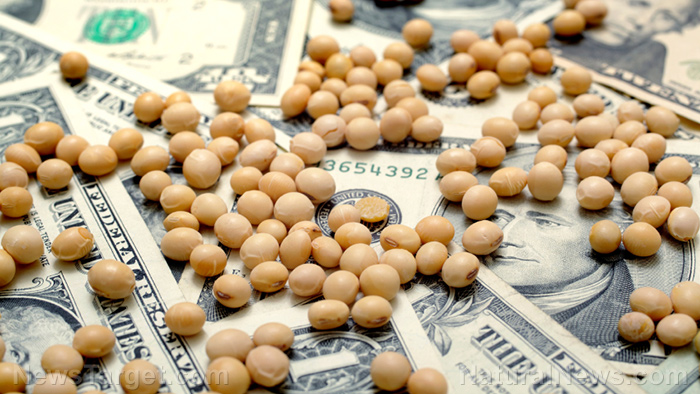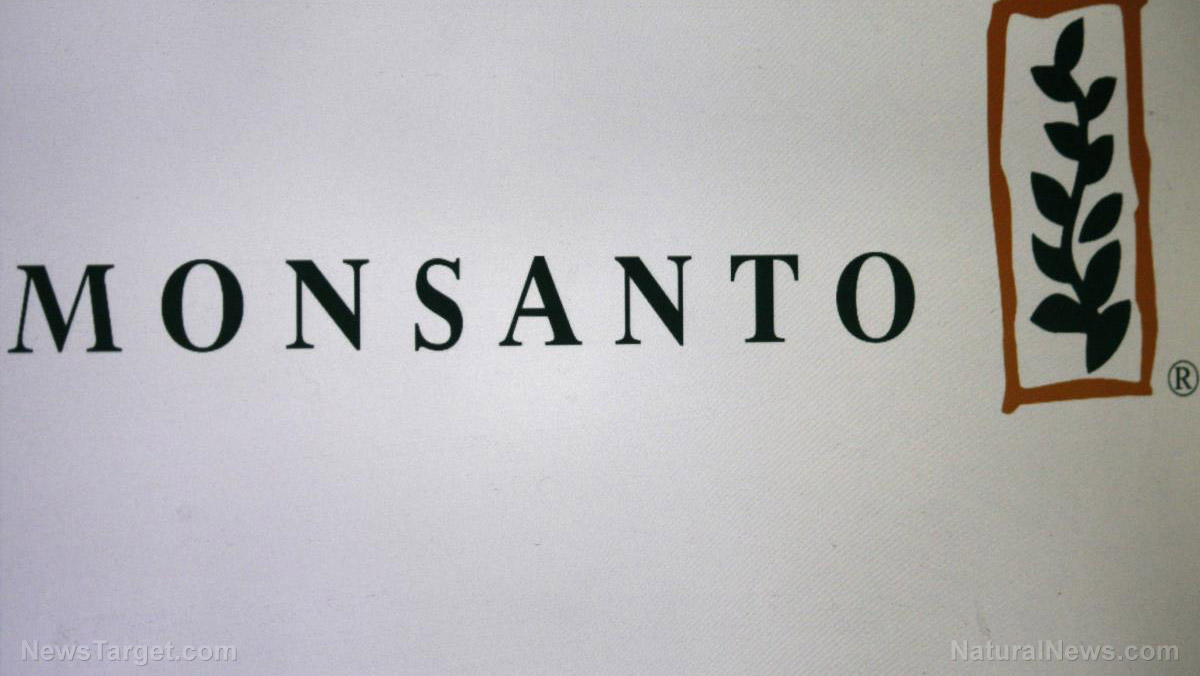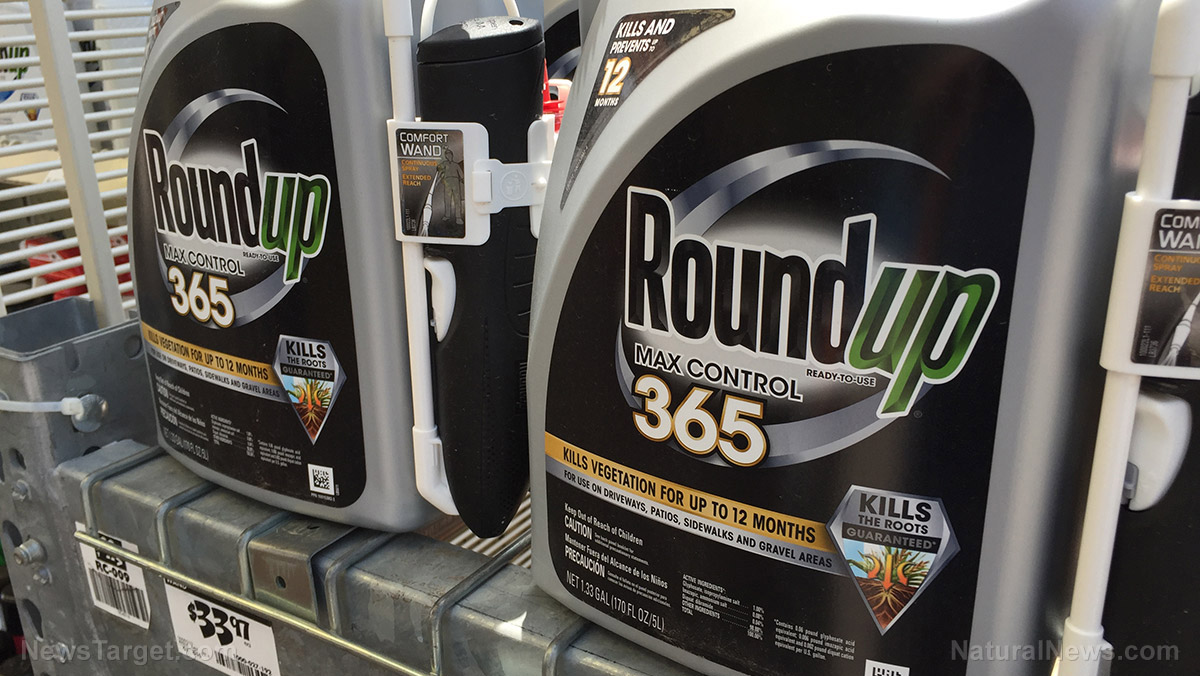Bayer strikes $2 billion deal over future Roundup cancer claims
02/17/2021 / By Divina Ramirez

In its latest attempt to resolve future Roundup cancer claims, Bayer AG struck a $2 billion deal on Wednesday, Feb. 3. The German pharmaceutical company has been struggling to finalize the settlement of claims that Roundup, a glyphosate-based weedkiller, causes a form of cancer called non-Hodgkin’s lymphoma.
When Bayer AG acquired the agrochemical company Monsanto in 2018, it also acquired thousands of lawsuits from customers, many of whom alleged that Monsanto’s Roundup gave them non-Hodgkin’s lymphoma.
Bayer AG insists that decades of studies show Roundup does not cause cancer. Last January, the Environmental Protection Agency (EPA) affirmed the company’s claim, stating that glyphosate-based products pose no risk to human health if used according to their current labels.
Bayer AG’s settlement would cover future claims by individuals who have been diagnosed with non-Hodgkin’s lymphoma and were exposed to Roundup before their diagnosis. Moreover, the settlement includes benefits for individuals exposed to Roundup and would develop non-Hodgkin’s lymphoma in the future.
Under the proposed plan, Bayer AG will provide $2 billion for a four-year period as compensation. Individuals who were exposed to Roundup and have not yet filed a lawsuit could receive up to $200,000 under the deal. And those who do not like their compensation offer can go to the court system and try for a better result.
Furthermore, Bayer AG will set up an advisory science panel whose findings may be used as evidence in future lawsuits under the proposed plan. The company will also funnel $210 million into funding for research and diagnostic programs, as well as $40 million into research on the treatment of non-Hodgkin’s lymphoma.
The deal must be approved by U.S. District Court Judge Vince Chhabria in San Francisco. Last June, Chhabria had questioned the legality of a prior settlement plan that Bayer AG also proposed. That plan entailed creating a panel of scientists who would assess the viability of Roundup cancer claims.
Thousands sue Monsanto after Roundup use led to cancer
The herbicide glyphosate was first sold commercially by Monsanto under the name “Roundup” in 1974. It now enjoys the reputation of being the most widely used herbicide in the U.S. It is also commonly used in Brazil.
Roundup quickly rose to notoriety after the International Agency for Research on Cancer (IARC) classified the herbicide as a probable human carcinogen. Customers sued Monsanto afterward. (Related: Hundreds of lawsuits against Monsanto are moving forward.)
Christine Sheppard, one of more than 800 cancer patients who sued Monsanto, sprayed Roundup on her farm in Hawaii to get rid of weeds. She fell ill in 2003 and was later diagnosed with stage 4 non-Hodgkin’s lymphoma after doctors found enlarged several lymph nodes inside her. She had to stop working.
Sheppard said she was not happy to hear of Bayer AG’s $10 billion settlement plan last June. “It is a slap to my face,” wrote Sheppard in a recent article on The Guardian. She said Bayer AG admitted no guilt, refuses to label Roundup as a carcinogen and will continue selling it. “People will continue to get cancer from it.”
Meanwhile, former school groundskeeper Dewayne Johnson now lives with non-Hodgkin’s lymphoma after he used Roundup to maintain the grounds of schools and sports fields in Vallejo, California. He was diagnosed with non-Hodgkin’s lymphoma in 2014 when he developed lesions on his face and throughout his body.
Johnson was the first person to take Monsanto on trial and the first to win. In 2018, a judge ordered Monsanto to pay Johnson $289 million after a jury ruled that Monsanto caused his cancer.
Monsanto.news has more articles on Roundup’s risks to human health.
Sources include:
Submit a correction >>
Tagged Under:
Bayer AG, environment, glyphosate, herbicides, Monsanto, non-Hodgkin’s lymphoma, Roundup, toxic chemicals
This article may contain statements that reflect the opinion of the author
RECENT NEWS & ARTICLES
COPYRIGHT © 2017 MONSANTO MAFIA




